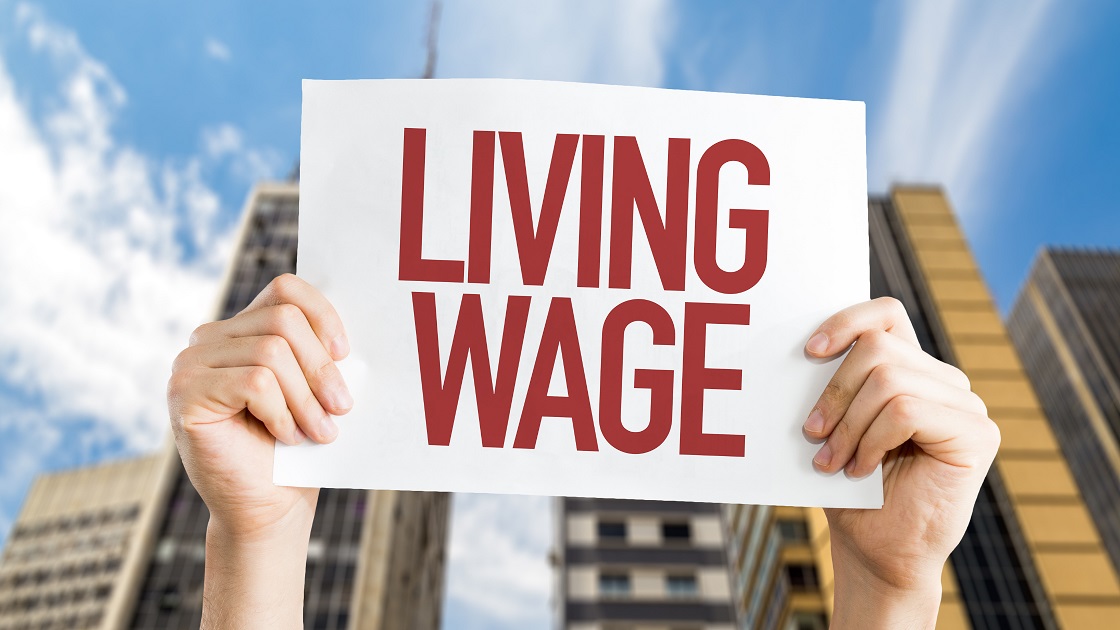After months of consultation and dilly-dallying the much anticipated new minimum wage (NMW) rate has finally been passed by Parliament.
The Minister for Economy in his budget address announced that Fiji’s NMW will increase from $2.68 to $4 an hour.
However, it will be implemented in four phases as illustrated in the table below: However, I am unable to rationalise why the increments are spanned over a period of nine months. Will it really allow businesses more breathing space and adjustment time as being claimed?
Do businesses have the flexibility to increase prices every three months? Is this the way the businesses are expected to operate?
An increase of 42 per cent accumulated over five years sounds rather exorbitant for SMEs. Undeniably, the prolonged delay in implementing the review has largely contributed to this predicament.
If it was revised progressively at yearly intervals pegging it to inflation rate it would have lessened the impact.
Right to just minimum wage
The right to work and a just minimum wage is guaranteed under our 2013 Constitution. Section 33 of the Bill of Rights aptly stipulates that the State must take reasonable measures within its available resources to achieve the progressive realisation of the right of every person to work and to a just minimum wage.
It further states that in applying any right under this section, if the State claims that it does not have the resources to implement the right, it is the responsibility of the State to show that the resources are not available.
A just wage which is often referred to as a “living wage” is a level of pay that enables workers to support themselves and their families in a way that is consistent with human dignity, without having to work a second job or rely on government subsidies.
Wider implications of NMW reforms
The Government engaged consultant Professor Partha Gangopadhyay, while noting the sharp spike in rural poverty, acknowledged that it was vital to address the rising poverty rate.
“It is imperative to crush the rising rural or informal sector poverty so that it does not become uncontrollable,” he said.
Back in 2020, he had proposed NMW be increased to $3.45, based on inflation rates and minimum wage bite.
However, it seems he has completely overlooked the far reaching ramifications particularly for export oriented businesses who are already facing fierce competition from Asian exporters who have the comparative advantage of cheaper labour rates.
Did he take into account the consequential knock-on effect of the increase on workers who are already above the minimum wage? For example, workers in the garment industry are typically grouped in four categories with pay rates ranging from $2.20 for trainees to $4 per hour for the most skilled and productive.
Will it not open the floodgate for those on the higher bracket to also demand for a proportionate pay rise?
The other question is whether the increase will translate into any productivity growth.
While it will be easier for local companies to pass on the increased cost in the domestic market, however, it will be extremely difficult for those engaged mainly in export trade to negotiate such terms with their buyers.
As it is the labour component constitutes around 30-35 per cent of the cost for garments made in Fiji. Unlike our competitors most of our raw materials are imported.
In the wake of the loss of 500 jobs following the closure of two factories the president of the TCF Industry Council, Mike Towler, has warned that more shutdowns are imminent in the next 12 to 18 months.
If that eventuates then more workers will be laid off.
A balanced approach
According to ILO setting and adjusting the wage level is perhaps the most challenging part of minimum wage fixing.
If set too low, minimum wages will have little effect in protecting workers and their families against unduly low pay or poverty.
If set too high, minimum wages will be poorly complied with and/or have adverse employment effects.
A balanced and evidence-based approach is necessary which takes into account, on the one hand, the needs of workers and their families and, on the other, economic factors.
An appropriate balance between these two sets of considerations is essential to ensuring that minimum wages are adapted to the national context, and that both the effective protection of workers and the development of sustainable enterprises is taken into account.
Level playing field
When undertaking any review, it is essential that the interests of all stakeholders are accorded equal consideration and a fair treatment. Not lopsided in favour of one party.
In this case just as the employees the employers also deserve a fair go. In my view setting the wages in isolation will only lead to widening the gap between pay and labour output.
I am in favour of a system that rewards productivity. Studies have found that where wages have increased more rapidly than labour productivity, it eroded external competitiveness and also discouraged investment.
Due cognisance should be given to our job creators and foreign exchange earners.
For our exporters labour rate is pivotal for the sustainability of a competitive edge for their products.
Presently the livelihood of close to 8000 workers and their families are dependent on our garment industry. Similar to the subsidies offered to tourism and sugar industry they also need some relief to mitigate the impact of the wage increase.
To lighten their burden, the Government should consider the following measures;
- Increase import duty on garments to protect local industry;
- Provide subsidy on freight charges; and
Grant cash incentives for exports. While we are working hard to create more baskets to spread our eggs it is equally important that we take due care not to scare away the goose that lays the golden eggs.
- SELWA NANDAN is a consultant in Customs and trade and the views and opinions expressed are not necessarily shared by this newspaper.




